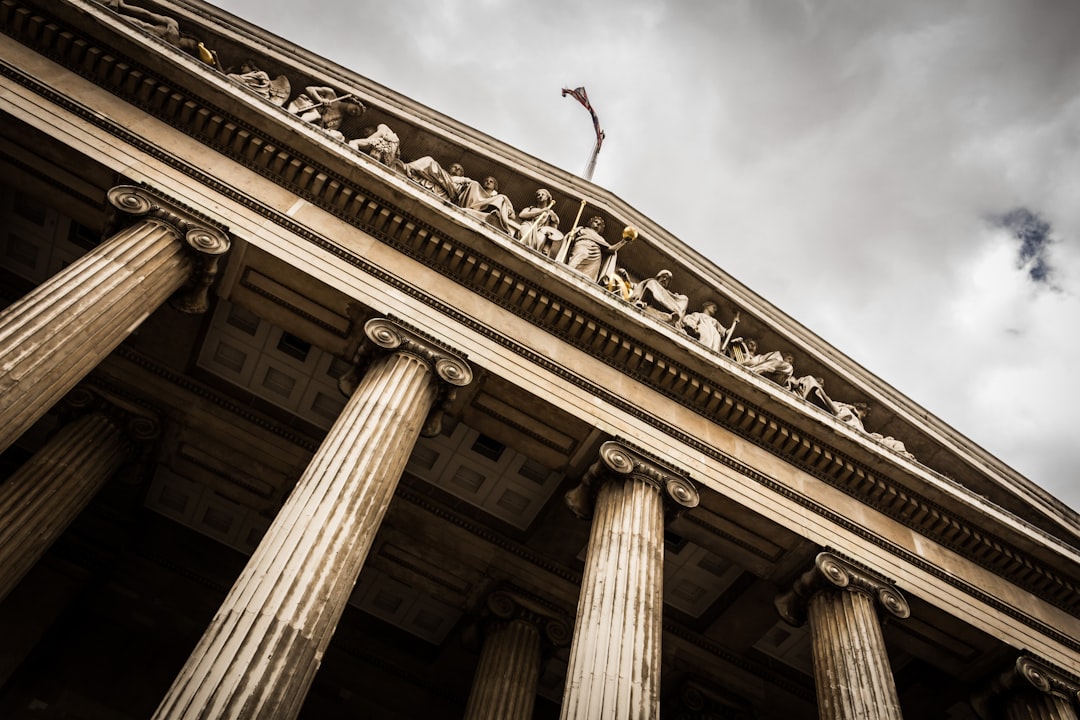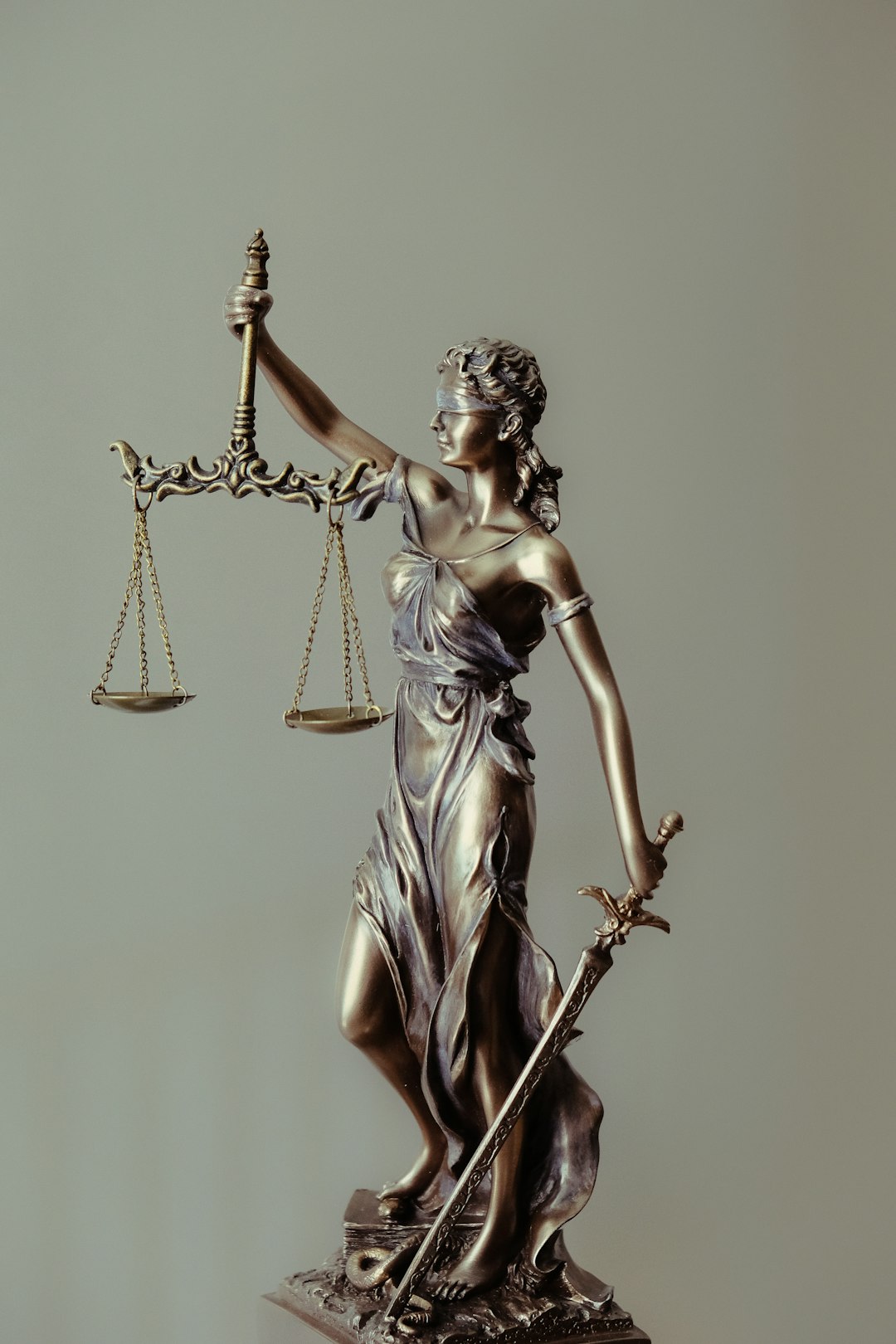Bystander intervention training in Syracuse schools addresses sexual abuse concerns. Workshops and legal education empower students, staff to recognize, respond to signs of exploitation. A sexual abuse lawyer in New York guides institutions on legal protections for minors, promoting accountability and safe interventions.
In Syracuse, promoting a culture of bystander intervention is crucial in safeguarding students from potential harm, especially concerning sexual abuse. This article explores effective strategies to encourage proactive responses from peers, teachers, and staff. We delve into the significance of education and training, offering insights from a New York lawyer specializing in child protection. Understanding legal considerations can empower individuals to take action, ensuring schools create safer environments for all students, while also addressing critical issues related to sexual abuse.
Understanding Bystander Intervention in Schools
Bystander intervention is a powerful concept that can play a pivotal role in creating safer school environments, particularly when addressing sensitive issues like sexual abuse. In the context of schools, bystanders refer to peers, classmates, or even teachers and staff members who witness or become aware of potentially harmful situations. Understanding this dynamic is crucial for fostering a culture where everyone takes responsibility for one another’s well-being.
In Syracuse, as in many places across New York, sexual abuse within the school system remains a serious concern. Educating students, faculty, and staff about bystander intervention can equip them with the knowledge and skills to recognize and respond appropriately when they suspect or witness such abuses. This includes understanding their legal obligations and the resources available, such as consulting with a sexual abuse lawyer in New York, to ensure the safety and well-being of both victims and perpetrators.
The Role of Education and Training
Education and training play a pivotal role in fostering a culture of bystander intervention within school communities, especially regarding sensitive issues like sexual abuse. Schools in Syracuse can organize workshops and seminars to raise awareness about various forms of exploitation and empower students to take action. Training programs should focus on recognizing signs of distress or abuse, understanding consent, and promoting empathy. By equipping students with these skills, they become more alert and inclined to support peers in need.
Furthermore, involving educators and staff in such initiatives is essential. Teachers and administrators can learn effective strategies to identify potential red flags and respond appropriately. This could include recognizing changes in behavior or isolation among students, which might indicate underlying issues requiring intervention. Regular training sessions can keep educators updated on best practices, ensuring a proactive approach to student safety, particularly concerning sensitive topics like sexual abuse, where early intervention from bystanders can be a game-changer.
Legal Considerations for Protecting Children: A New York Lawyer's Perspective
In the context of encouraging bystander intervention in schools, it’s crucial to understand legal considerations that protect children and foster a safe environment. In New York, where sexual abuse is a significant concern, having a qualified sexual abuse Lawyer New York can provide valuable insights into laws designed to safeguard minors. These legal professionals play a critical role in ensuring institutions, including schools, comply with state regulations aimed at prevention and intervention.
They also offer guidance on handling incidents sensitively and appropriately, minimizing potential legal liabilities while promoting a culture of accountability. By understanding the legal framework, schools can better equip themselves to address issues like sexual abuse, encouraging bystanders to take action with confidence, knowing they are within their rights and responsibilities as defined by New York state laws.





